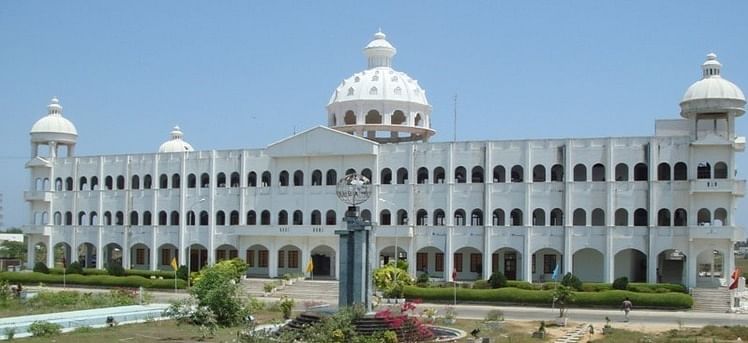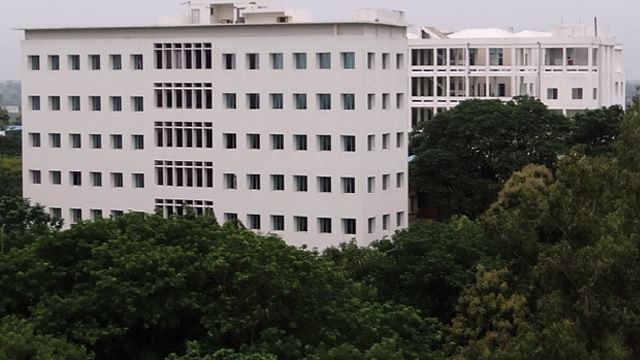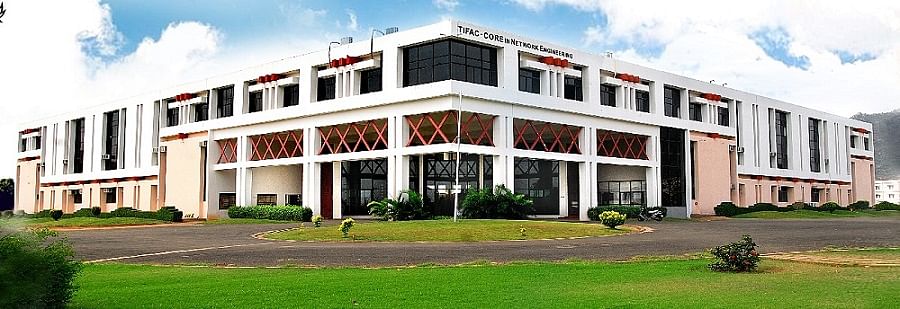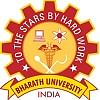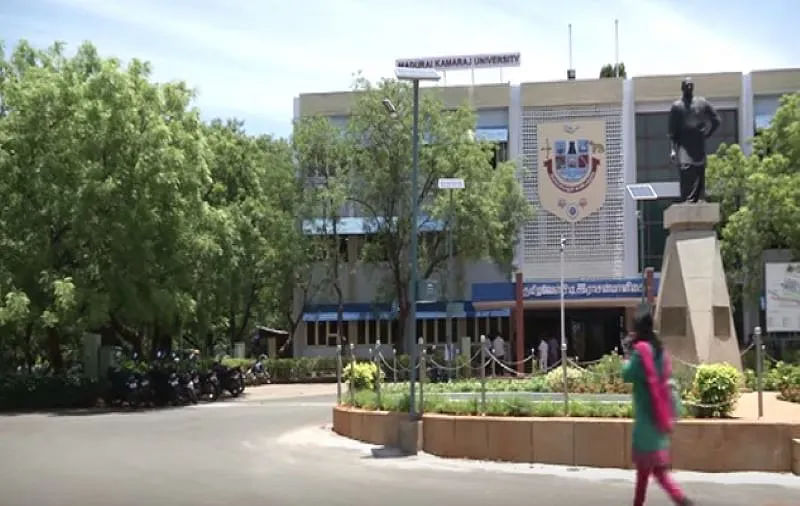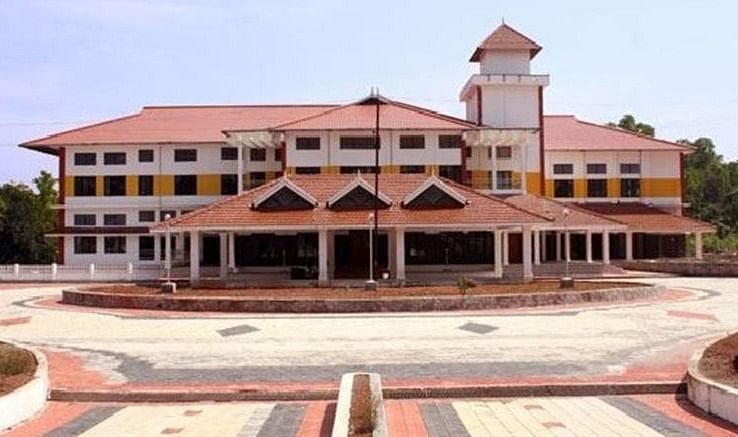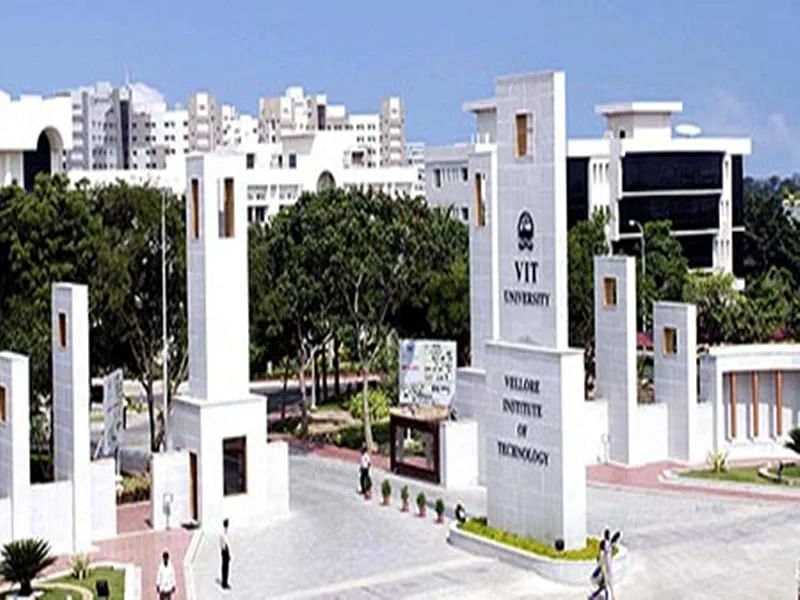B.Sc Visual Communication Syllabus and Subjects

B.Sc Visual Communication syllabus and subjects teach the students how to convey ideas and thoughts through visual means. The course is structured to prepare the aspirant with all the necessary skills to dive right into the industry. Topics like videography, photography, editing are all covered in the course.
Semester Wise B.Sc Visual Communication Syllabus
B.Sc Visual Communication subjects are designed to teach the students the basics of video production, advertising, animation etc. Some elective subjects such as communication skills and moral education develop the aspirant's personality. The table below shows the B.Sc Visual Communication curriculum:
|
Semester I |
Semester II |
|
Introduction to Visual Communication |
Film Appreciation |
|
Photography |
Integrated Marketing Communication |
|
Communication and Media |
Public Relations |
|
Visual Literacy |
Graphic Designing |
|
English-I |
English-II |
|
Semester III |
Semester IV |
|
Audio/Visual Production |
Digital Editing |
|
Script Writing |
Marketing |
|
Computers In Media |
Development Communication |
|
Media Law and Ethics |
Web Design |
|
Videography |
Multimedia Animation |
|
Media Culture And Society |
Commercial Broadcasting |
|
Semester V |
Semester VI |
|
Social Networking and Web Casting |
Project Work And Viva |
|
3D Animation |
Internship Report |
|
Visual Analysis Tools |
Film Studies |
|
Functional Exposure Report |
Event Management |
|
PhotoJournalism |
Art and Aesthetics |
B.Sc Visual Communication Subjects
B.Sc Visual Communication subjects include plenty of practical topics like video production, photography, graphic designing, etc. There is a mandatory internship at the end of the course and a project that needs to be submitted. The course includes core and elective subjects, are listed below:
Core Subjects:
- Photography
- Communication and Media
- Film Studies
- Web Design
- Animation
- Commercial Broadcasting
Elective Subjects:
- PhotoJournalism
- Film Studies
- Event Management
- Virtual Reality
- Art & Aesthetics
- Communication Skills
B.Sc Visual Communication Course Structure
B.Sc Visual Communication is a course that lasts for three years. The course contains the core and elective subjects along with a project through six semesters. Topics like visual literacy, animation, media law, and ethics are covered in the course. The course includes the following things:
- Core and Elective subjects
- VI Semesters
- Lab Sessions
- Internship
- Projects
- Viva
B.Sc Visual Communication Teaching Methodology And Techniques
The teaching style of B.Sc Visual Communication comprises plenty of lab sessions. Students are taught only basic theoretical knowledge and have the freedom to experiment with the knowledge in the laboratory or on their personal laptop. This course is extremely practical with only a few completely theoretical subjects such as ethics, law etc. Some of the teaching methodologies are listed below:
- Practical Sessions
- E-Learning
- Use of Simulation
- Animation
- Seminars with industry professionals
- Co-Curricular Activities
B.Sc Visual Communication Projects
Visual Communication projects require the students to use their creativity and develop an innovative solution to a problem. The students work on topics such as advertising photography, 3D animation, web page design, etc. Students are graded based on their project and its report. Some common project topics are as follows:
- Abstract Illustration (Logo)
- Mood Setting Visuals
- Symbolism
- Visuals with models
- Visually showing the benefits of using a product
B.Sc Visual Communication Reference Books
Aspirants passionate about increasing their knowledge of a topic beyond the curriculum can always read reference books. Here is a list of B.Sc Visual Communication books for reference:
|
Books |
Publication |
|
Web Design |
Sue Jenkins |
|
Film and Video Editing |
Crittenden, Roger |
|
Multimedia |
Thomson Learning |
|
Social Networking For Career Success |
Learning Express |
|
3D Modelling and Animation |
Nikos Sarris, Michael Strintzis |


